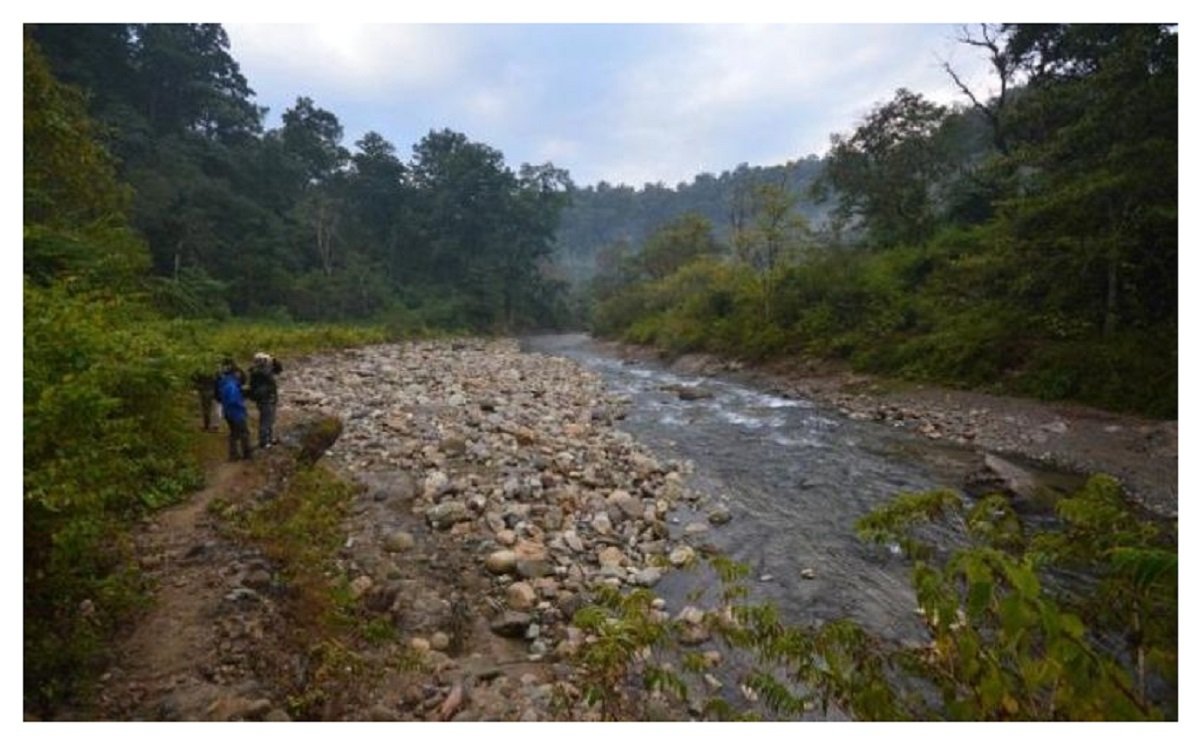The Manipur Forest Department has issued a complete ban on camping, trekking, and expeditions in the Langol Reserve Forest, with immediate effect. The order comes in response to a sharp increase in unauthorised human presence, particularly in the Punshilok area, which has become a hotspot for recreational intrusion without official approval.The order, dated July 29, was issued by Divisional Forest Officer (DFO) Vikram Suresh Nadhe of the Central Forest Division, Imphal. It highlights the department’s growing concern over the ecological disturbances, wildlife threats, and legal violations taking place in the reserved forest area. “Increasing incidents of illegal trespass in the form of camping and expeditions are being reported in the Langol Reserve Forest, especially around the Punshilok area,” the DFO stated in the official notice. “These activities are not only illegal but also disrupt the ecological balance and endanger local wildlife.”
Under the provisions of the Indian Forest Act, 1927 and Manipur Forest Rules, 2021, the department has declared a blanket restriction on all forms of recreational activities within the forest. Individuals found violating the ban will face legal action, including imprisonment of up to six months, fines, or both.The Forest Department has also directed all range officers and field staff to intensify surveillance and conduct regular patrols across the Langol Reserve. The enforcement teams have been granted full authority to act against trespassers as per the existing forest laws.Officials pointed out that the Punshilok region, known for its scenic beauty and proximity to urban Imphal, has seen a surge in unauthorized adventure tourism and social gatherings in recent months. These intrusions, though seemingly harmless to visitors, are placing immense pressure on native flora and fauna.
Forest authorities have urged citizens, adventure groups, and tour operators to strictly comply with the order and to seek prior permission from the competent authority before planning any activities in protected forest zones. They reminded the public that reserved forests are not open recreational spaces but critical habitats that must be preserved for ecological balance and biodiversity.





